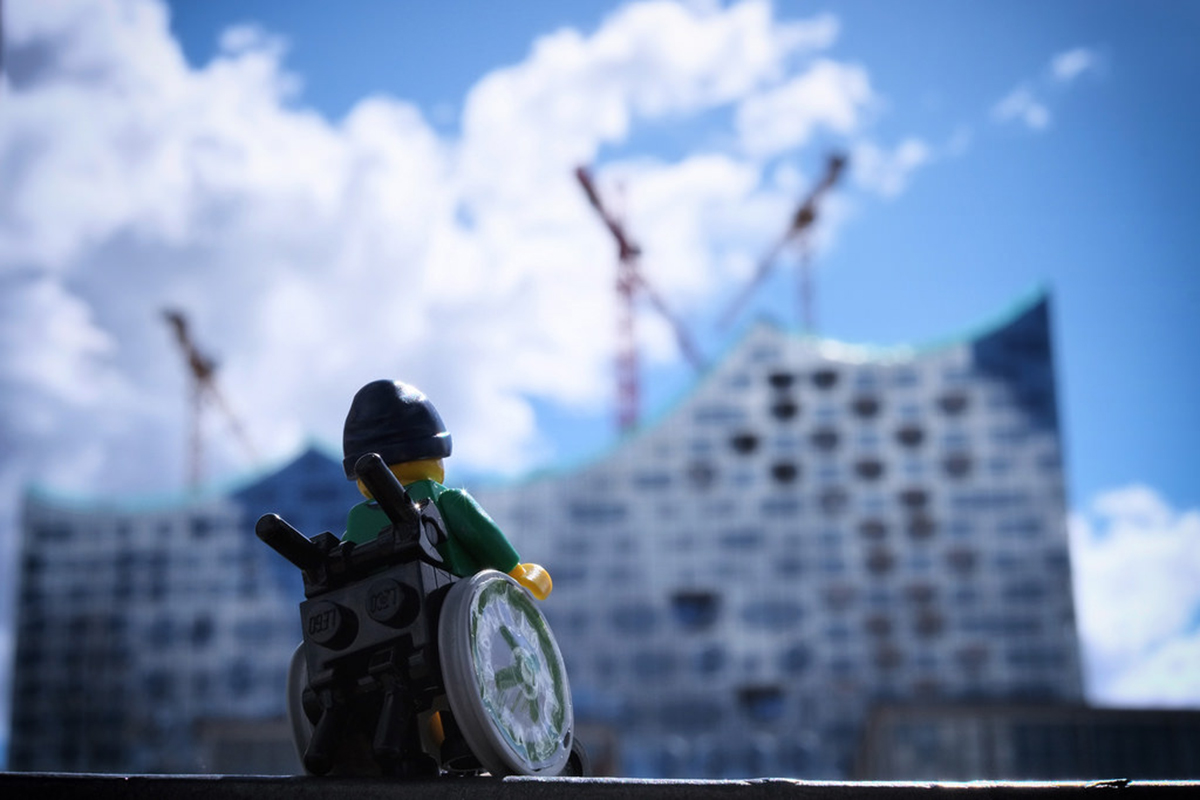Table of Contents
Assuming Someone's Not Disabled When You Can't See It
Do you subconsciously define "disability" as impairments that are apparent to the naked eye or otherwise obvious immediately when you interact with a person? Think again. People with mental illness, with chronic conditions that can't be seen from the outside, with learning disabilities, with cognitive differences, and with autism can all identify as disabled. Not only can the struggles they face impair them, the lack of societal awareness that these people are indeed disabled only adds to them.

In some cases, stigma surrounding or ignorance of "invisible disabilities" can be so great that people affected by them are denied access to services they need, without even receiving acknowledgment of the fact that they do need these services. We can do better! Don't assume that someone isn't disabled because you can't see it. When someone shares their experiences with their disability, and talks about unmet needs, don't assume that you know better than they do. Instead, listen — really listen — to what they have to say.
Random Disabled People Aren't Your 'Learning Opportunity'
I admit it. I'm a chatty person and I've asked random strangers with visible disabilities what happened to them or what their disability was before. I figured that talking to someone is so much better than staring or awkwardly looking away, as so many people do. Over the years I have learned, however, that people very much don't appreciate it if you treat them as an on-the-spot learning opportunity. "What happened to his legs?", a kid might ask their parent, and that parent — thinking they're being respectful — answers: "I don't know, but you can go ask him. He won't mind."
Remember: When someone is bombarded with these very same questions on a daily basis, it gets old real fast. Asking what happened to someone's legs or why they look like that or, worse, "what's wrong with them" is far less polite even than asking the person in front of you at the checkout counter how much money they earn. Asking people you don't know personal questions isn't nice.
READ What Is Disability? A Radically Different Look At What It Means To Be Disabled
Using Ableist Language
Blind. Dumb. Idiot. Moron. Cripple. Lame.
These words, and many others like them, are frequently used as metaphors. Some of these words are clinical diagnoses, and others have been in the past. It is, in fact, not at all uncommon for disabled people to be called these words to their face. I myself have been present when people shout out "hey, wheelie!" or "cripple!", and I'm sure I don't need to point out how hurtful that is. You're employing ableist language even when you say that "many people are blind to disability discrimination", however, or when you say that coworker of yours is a real moron. Using current or former medical terms (some of which date back to a time when people with those labels were institutionalized in the most inhumane manner) to put people down isn't OK, and it needs to stop.
- Photo courtesy of sozialhelden: www.flickr.com/photos/sozialhelden/13924149386/
- Photo courtesy of sozialhelden: www.flickr.com/photos/sozialhelden/13924140031/
- Photo courtesy of sozialhelden: www.flickr.com/photos/sozialhelden/13924149386/


Your thoughts on this